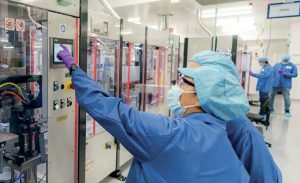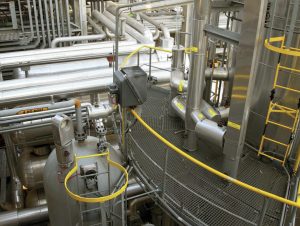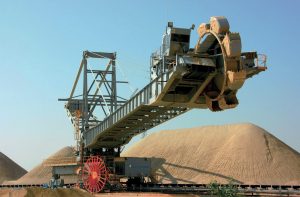
LKAB begins work on phosphate demonstrator plant
LKAB has begun construction of its new demonstration plant for processing phosphorus and rare earth elements at Luleå. The facility is the first in a planned industrial park and, says LKAB, marks an important step in the company's ambition to diversify its business with new minerals. The supply of phosphorus for mineral fertilizers is essential for food security in Sweden and the EU, while rare earth elements are critical for the electrification and digitalisation of society, such as the production of permanent magnets for electric vehicles and wind turbines. The $75 million demonstrator plant is planned to become operational in 2026. The aim is to further develop and verify the process for utilizing material flows from iron ore production in Gällivare, where apatite concentrate is produced for further refinement and production of critical minerals in Luleå. Through a stepwise expansion, the operations can then be scaled up with additional processing facilities over time, aiming for full operation during the 2030s. Once fully operational, the industrial park’s production will be approximately seven times Sweden’s needs and 6% of the EU’s demand for phosphorus in agriculture. Currently, there is no mining of rare earth elements in Europe.






